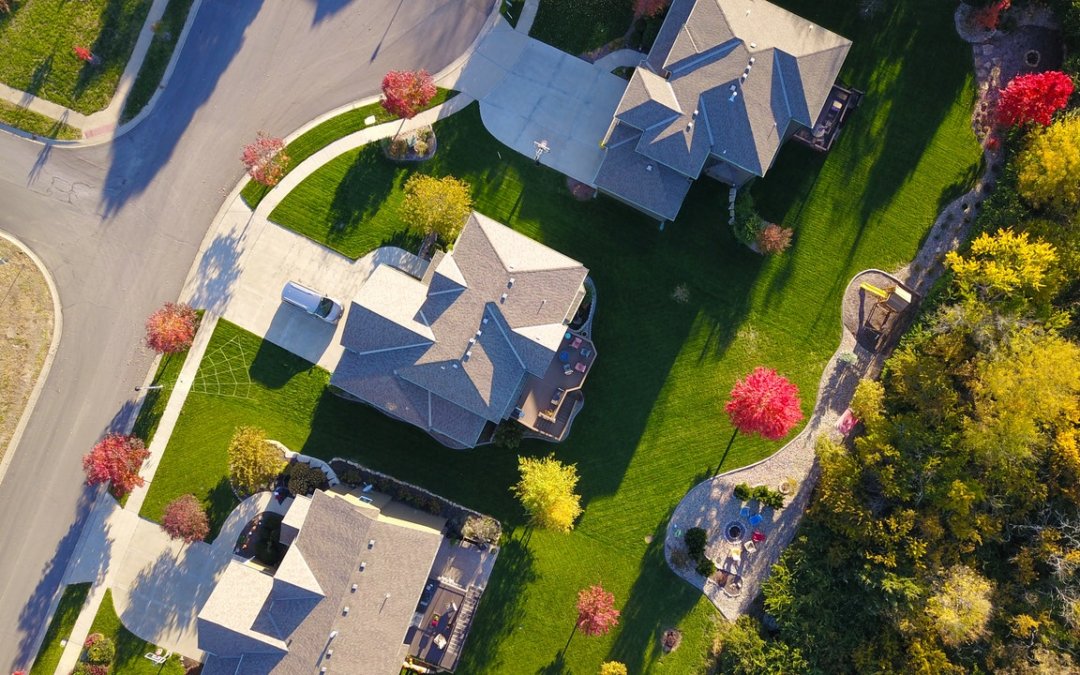There can be some confusion regarding HOAs and HOA management, as both perform relating tasks. HOA management in Pennsylvania is responsible for handling daily activities in residential areas. Homeowners are interested in regulating behaviors among themselves and tenants in their community. Enforcing the regulations is much work that many home owners are unable to handle. They instead choose homeowners association management (HOA) management companies to oversee successful fulfillment of HOA responsibilities.
An HOA Management company can provide services that meet specific needs, whether the requirement is a manager with a minimal role or takes over nearly all the duties. HOA companies aim at building a community and a sense of togetherness. They achieve the intention by involvement in homeowner relations and paying attention to physical details like amenities, landscape, and parks.
The composition of HOA management makes the difference with HOA. The latter is made up of volunteer or elected homeowners, but their role is restricted to making decisions. HOA board also decides on penalties for misconduct or non-compliance to rules. HOA Management by a company helps HOA fulfill obligations by maintaining properties, collecting dues, attending inquiries, and enforcing regulations. It also enforces bylaws by local authorities.
What is the work of HOA management in Pennsylvania?
The basic role of HOA management, as laid out in https://www.ahpm.biz/guide-to-hoa-management-in-pennsylvania, is to manage property but on behalf of the owners. In addition, it performs the necessary maintenance and repairs in the common areas, such as the following:
• Clubhouses
• Gyms
• Playgrounds
• Pools
They may also coordinate and participate in homeowner meetings, enforce rules and covenants. The amount of managerial power they have depends on the provisions by homeowners. HOA Management Company usually gets a not to enforce rules since members of HOA boards are part of the community. They feel uncomfortable, challenging neighbors for violations.
Reasons to rely on HOA Management in Pennsylvania
HOA boards engage another body to the management on their behalf because many members have limited time for daily activities, prefer a hands-off approach, or are unfamiliar with property management. Some HOA members also want to avoid dealing with the legal aspect of managing community properties or manage staff doing the work.
It is worth noting that HOA management in Pennsylvania services depend on homeowners’ requirements, type of community, and local regulations.

